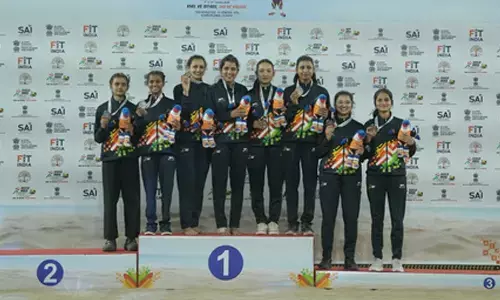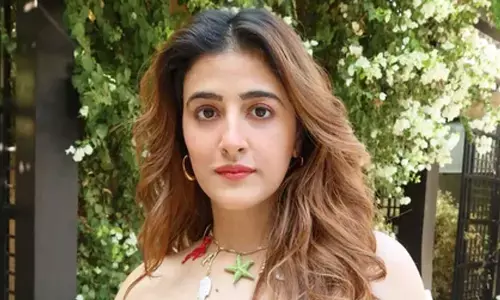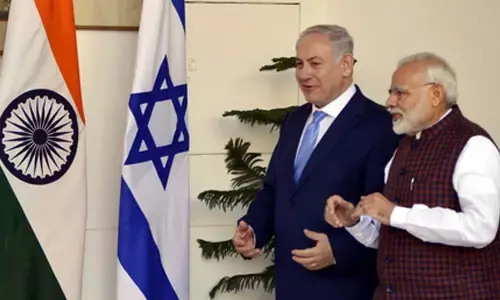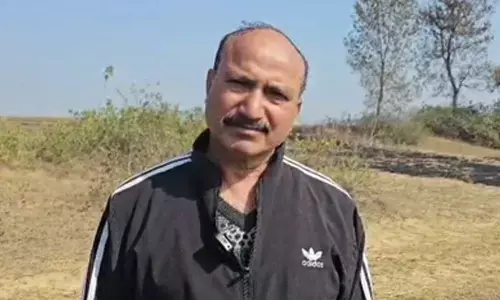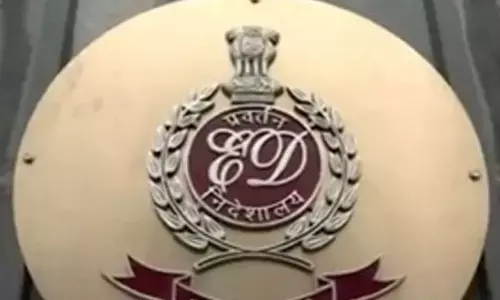Urdu in India flourishes in sheer contradictions

Renowned Indian writer-critic Sukrita Paul Kumar is coming up with a co-translated book of her father Joginder Paul's short stories in Urdu, feels that the language survives and flourishes in India amidst sheer contradictions.
Renowned Indian writer-critic Sukrita Paul Kumar is coming up with a co-translated book of her father Joginder Paul's short stories in Urdu, feels that the language survives and flourishes in India amidst sheer contradictions.
"On the one hand, there are lesser and lesser number of people who can read the script and on the other, more and more people are drawn into the highly cultured folds of Urdu language and its poetry and literature," Kumar told IANS.
Kumar, who held the Aruna Asif Ali Chair at Delhi University till recently, spoke on the sidelines of "Aadaab: Celebrating Urdu", a daylong event to celebrate Urdu language held earlier this week at the Oxford Bookstore in Rajiv Chowk.
At an event session with Noor Zaheer, Kumar described the noted writer Ismat Chughtai (1915-1991), who had uninhibitedly brought female desire and sexuality into Urdu literature, as one of the pioneer literary feminists in India.
Kumar has edited a new book "Land Lust", an English translation of her father's short story collection "Dharti Ka Kaal".
Co-edited by Vandana R. Singh, the collection features 11 stories on the spirit and social ambience of Indians living in the colonised pre-independent Kenya.
Another notable speaker at the event, author Anisur Rehman, said that Urdu has gone much beyond its spatial confines and has embraced the rhythm of other cultures and languages.
Writer and Supreme Court advocate Saif Mahmood recited some of the most evocative verses of Sahir Ludhianvi, Faraz, Zehra Nigah, Kishwar Naheed and Amjad Islam Amjad.








